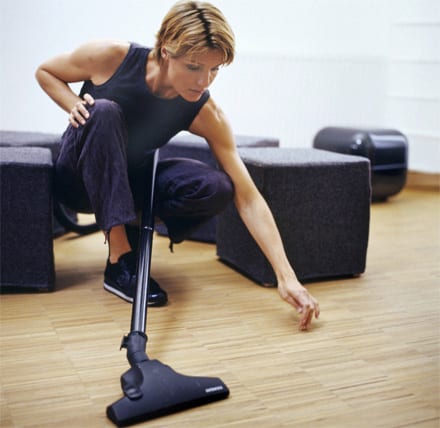NOMITE Down Duvets: Protect Yourself from Allergies
The last place you want to worry about an allergic reaction is when you’re wrapped up in your new down duvet. If you suffer from an allergy, then you know just how important it is to avoid your allergens. This article explains the technology used in an anti-allergy duvet to give it the NOMITE guarantee.
Dust Mite Allergy
Many people believe they are allergic to down. The truth however is that a down allergy is incredibly rare. A dust mite allergy on the other hand is substantially more common. Dust mites are microscopic creatures that make their homes in mattresses, duvets, and carpets, thriving in temperatures around 25°C. Your bed could be an ideal environment for them.
 Make sure to have a duvet that can protect you
Make sure to have a duvet that can protect you
Are You Allergic?
In the UK, around a quarter of the population suffers from some kind of allergy. A large percentage of these individuals do not realise they have an allergy. Symptoms can be similar to a cold or sinusitis. If you often have a runny nose, have a tendency to sneeze, or frequently find yourself with red or watery eyes in the mornings (especially in the winter), you may have a dust mite allergy.
If you suspect an allergy, your doctor can provide you with a skin or blood test to check. Do not put off visiting your doctor as symptoms such as a blocked nose, coughing, asthma or bronchitis can worsen.
Can I still have a down duvet if I am allergic to dust mites?
Absolutely, but you need to take some precautions. First, a lot of people who are allergic to dust mites think they are allergic to down. But genuine down allergies are vanishingly rare. For this reason we recommend seeing a doctor about what is triggering your allergy.
If you are indeed allergic to dust mites it is important to pick a duvet crafted with you in mind. To start with, it is important to choose a duvet with fine outer casing. This fabric which encloses the down should be tightly woven to ensure dust mites can’t get in. Designed to be tight enough to keep in the finest down, fabric with a high Ne rating provides excellent protection against allergens.
The NOMITE Mark
The NOMITE Mark is an anti-allergen standard which indicates that a product is suitable for house dust mite allergy sufferers.
 NOMITE standard
NOMITE standard
If you value the guarantee of a quality assurance mark, choose a Dickenbergh, Kauffmann, Otto Keller, Bielefelder Verse, or Dauny duvet. These brands are all NOMITE certified.
Explore our full range of NOMITE certified anti-allergy down duvets.
What else can be done to minimise the presence of dust mites in your home?
Hygiene factors
- Put a tight cover over your mattress, preferably an anti-allergy mattress topper
- Air your room and duvets regularly
- Wash your bedding at a minimum of 60°C
- Wash stuffed animals at 60°C (or put them in the freezer for two days)
- Dust and vacuum regularly
- Buy a vacuum cleaner with a HEPA filter
- Use a wet cloth for cleaning smooth surfaces
- Change your bedding weekly
Environmental factors
- Keep the temperature in the house (especially the bedroom) below 22°C
- Limit cuddly toys in the bedrooms
- Remove plants from the bedrooms (dust mites feed on fungal spores)
- Keep your entire house well ventilated
- Keep the kitchen ventilator running for an extra half hour after cooking
 Vacuuming is especially good against dust mites
Vacuuming is especially good against dust mites
Ask Your Doctor
In order to treat allergies, we first need to understand them better. People with allergies produce higher than average amounts of immunoglobulin and mast cells. These two come into contact with one another, causing the mast cells to breakdown and produce histamine. Histamine causes allergic reactions such as itching.
Your doctor can suggest whether there is a medical solution to fighting your symptoms, such as immunotherapy. Immunotherapy involves intentional exposure to an allergen in order to build up immunity to it. This process can take several years.
More common medicines prescribed to fight allergy symptoms include corticosteroids, nasal decongestants, or antihistamines. Corticosteroids, or more commonly known as anti-inflammatories, are used to suppress the defence mechanisms of the body. Nasal decongestants are medications that work to alleviate a blocked nose. They suppress the swelling of the mucous membrane that lines the nose. However, they can have the opposite effect after a time and so are not often prescribed for long-term usage. Your doctor will advise you specifically. Antihistamines block the histamine that causes irritation.
We don’t want your duvet to make matters worse. Please inform us about any severe allergies and contact us if you need advice on anti-allergy down duvets or pillows.